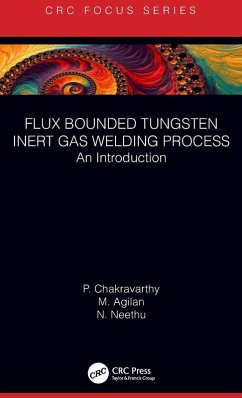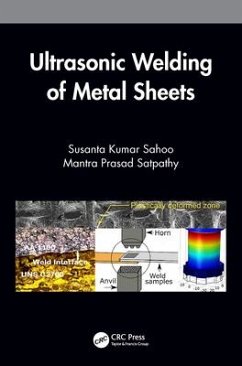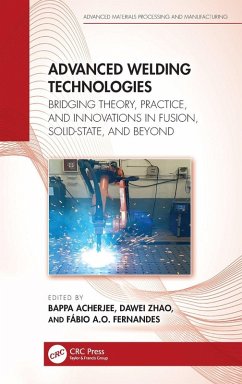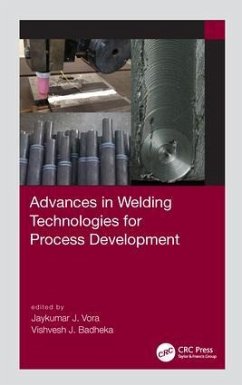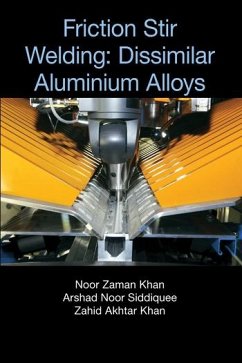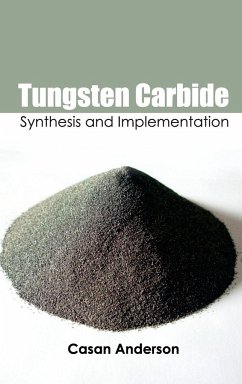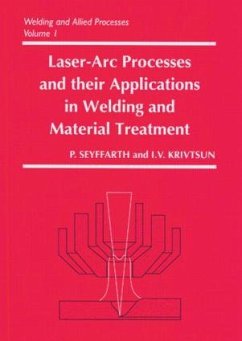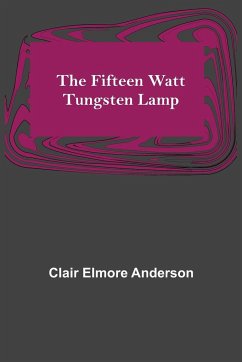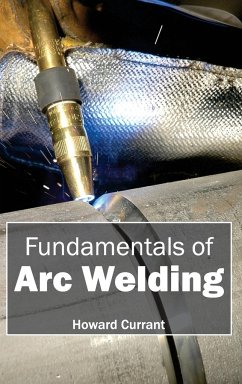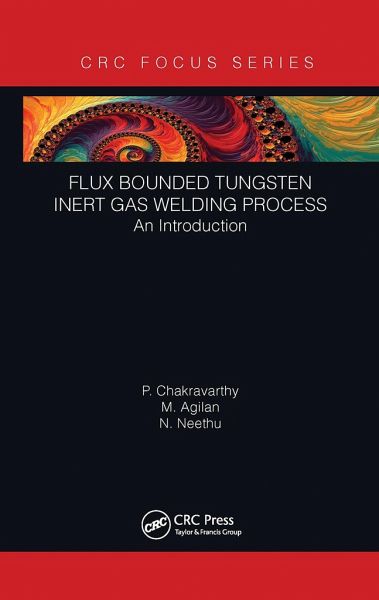
Flux Bounded Tungsten Inert Gas Welding Process
An Introduction
Versandkostenfrei!
Versandfertig in 1-2 Wochen
28,99 €
inkl. MwSt.
Weitere Ausgaben:

PAYBACK Punkte
14 °P sammeln!
This focus book is intended to introduce the Flux Bounded Tungsten Inert Gas Welding (FBTIG) process, which is a variant of Activated Tungsten inert gas welding process. The benefits of activating flux in the weld pool in enhancing the depth of penetration and underlying mechanisms for the same is explained in detail. The benefits of FBTIG process over other fusion welding process are highlighted. The scope for the FBTIG process to be adapted at the industrial level and the advancements in this field is detailed that enables the practicing engineers to exploit the same.Covers activated TIG pro...
This focus book is intended to introduce the Flux Bounded Tungsten Inert Gas Welding (FBTIG) process, which is a variant of Activated Tungsten inert gas welding process. The benefits of activating flux in the weld pool in enhancing the depth of penetration and underlying mechanisms for the same is explained in detail. The benefits of FBTIG process over other fusion welding process are highlighted. The scope for the FBTIG process to be adapted at the industrial level and the advancements in this field is detailed that enables the practicing engineers to exploit the same.Covers activated TIG process, role of activating fluxes in enhancing the depth of penetration Illustrates mechanisms associated with FBTIG process including arc constriction effect, insulation effect and reverse marangoni flow Discusses scope of FBTIG process for commercialization at the industry level Gives general overview of chronological advancements in the field of welding This book is aimed at graduate students, researchers and professionals in welding, manufacturing and engineering.





